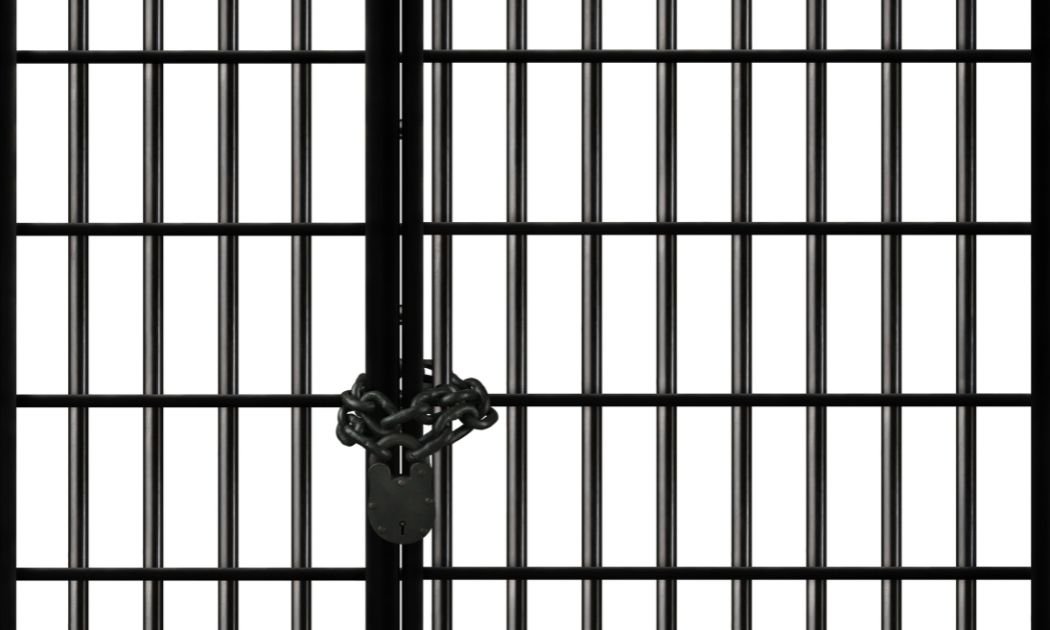Supreme Court: Police Must Inform Accused of Arrest Reasons
Court also Condemns Handcuffing and Chaining Detainees to Hospital Beds
February 8, 2025The Supreme Court on Feb. 7 mandated that police must immediately inform the accused of the grounds for their arrest. The Court stated that failing to do so violates fundamental rights and invalidates the arrest.
The Supreme Court declared that every person under arrest must receive a clear explanation of why they have been detained, noting that this procedure is a fundamental requirement under Article 22(1) of the Constitution. According to the Court, any arrest that overlooks this step loses validity and subjects the accused to immediate release.
The Bench, comprising Justice Abhay S. Oka and Justice N. Kotiswar Singh, explained that the duty to inform the accused of the charges is tied to the constitutionally guaranteed right to personal liberty under Article 21, as reported by The Telegraph.
If an investigating officer fails to meet this obligation, all subsequent steps such as court-ordered remand would stand on compromised ground, said the Court, according to Bar and Bench. However, this lapse would not nullify other stages of a criminal case, including the investigation, chargesheet and trial, it clarified.
The Bench advised that investigators must document how they communicated the reasons for arrest, and they bear the burden of proving compliance when an arrested individual disputes the procedure.
If a violation is found, courts are required to consider bail even when existing statutes carry strict bail provisions. Judicial magistrates, the Court noted, have a responsibility to confirm that the police respected Article 22(1) when a detainee is presented for remand.
In the matter before the Court, a man charged with cheating and related offenses claimed that the Haryana police neither informed him of the reasons for his arrest nor presented him to a magistrate within the legally mandated period. He stated he was also chained to a hospital bed while in custody.
After the High Court refused to categorise his detention as illegal, he appealed to the Supreme Court, which held that the arrest was unlawful, requiring his release from prison. The Court, however, clarified that the pending trial would not be affected by the finding of invalidity.
Alongside this ruling, the Court condemned the practice of handcuffing and chaining detainees to hospital beds.
The Bench called for departmental instructions to ensure that such incidents do not happen again, stressing that no person in custody should be treated in a way that compromises their dignity.
The ruling challenges the practice of police officers making arbitrary arrests under statutory provisions without substantiated evidence supporting the allegations against the individual.

